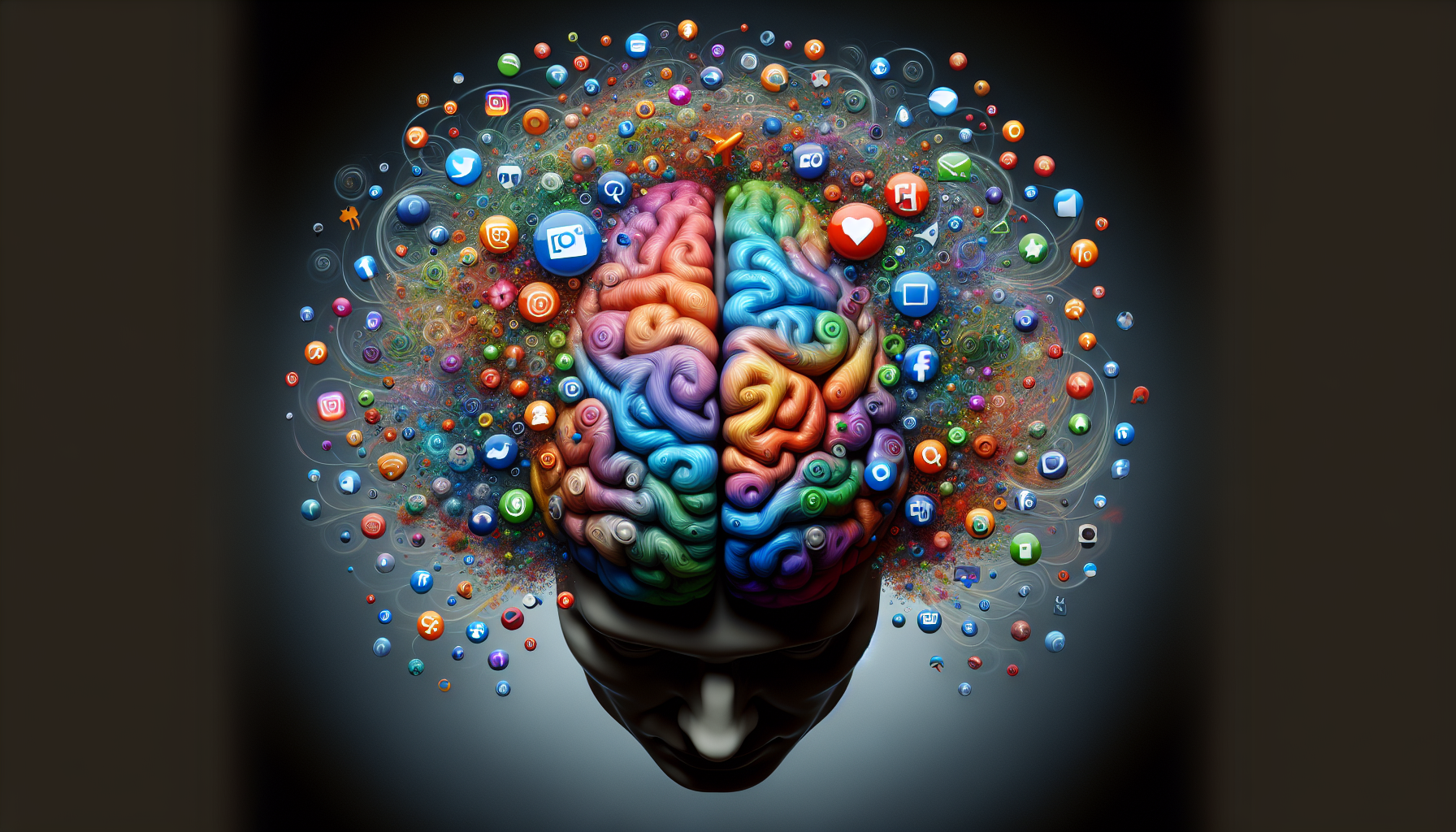In an age where digital connections are often as routine as breathing, it’s vital to understand the implications of social media on our mental and neurological well-being. This comprehensive exploration sheds light on the complex relationship between social media use and its impact on brain function and mental health.
The Neural Pathways of Social Media Interaction
The human brain is a malleable organ, constantly adapting to the stimuli it receives. Social media, with its interactive platforms and instant feedback loops, engages the brain in unique ways. For instance, receiving likes and comments activates the brain’s reward pathways, releasing dopamine—a neurotransmitter associated with pleasure and addiction. This mechanism can lead to increased usage, as users seek out the gratification of social approval.
For an in-depth understanding of brain function and its adaptability, visit Avix Health’s resource on Brain Health.
The Psychological Impact of Social Connectivity
Social media platforms are designed to foster connectivity. Yet, paradoxically, excessive use can lead to feelings of social isolation. The curated personas and highlight reels presented online can distort reality, leading to comparisons that may diminish self-esteem and contribute to anxiety and depression.
The Influence of Screen Time on Cognitive Abilities
Excessive screen time, a byproduct of social media use, has been linked to diminished attention spans and reduced cognitive capacity. The constant bombardment of notifications and the multitasking nature of navigating through various apps can overload the brain’s processing abilities, potentially affecting memory retention and the ability to concentrate on tasks.
For strategies to combat the negative cognitive effects of screen time, consider reading about Combating Brain Fog Through Diet and Lifestyle.
Social Media’s Role in Shaping Behavior and Identity
The interactive nature of social media allows for the reinforcement of beliefs and behaviors through likes and shares, which can shape a person’s identity and worldview. This social validation can lead to the formation of echo chambers, where one is exposed only to ideas that align with their own, potentially limiting intellectual diversity and critical thinking skills.
The Dark Side of Social Media: Cyberbullying and Its Consequences
Cyberbullying is a sinister aspect of social media that can have devastating effects on mental health, especially among adolescents. The anonymity and reach of the internet can amplify the impact of bullying, leading to severe psychological distress, including depression, anxiety, and in extreme cases, suicidal ideation.
For insights into fostering mental well-being, explore the Role of Vitamin D in Brain Health and Function.
The Positive Aspects of Social Media: Support Networks and Awareness
Despite the challenges, social media can also serve as a platform for building supportive communities and raising awareness about mental health issues. It can break down barriers to accessing information and provide a space for individuals to share their experiences and find solace in knowing they are not alone.
Moderation and Mindful Use: The Key to Balancing Social Media and Mental Health
To mitigate the risks associated with social media, it’s crucial to practice moderation and mindful use. Setting boundaries on usage, curating a positive feed, and engaging in digital detoxes can help preserve mental health while still enjoying the benefits of these powerful platforms.
External Resources Supporting the Points Made
Conclusion
Social media wields significant influence over our neurological functioning and mental well-being. By increasing our awareness and actively managing our engagement with these platforms, we can harness their potential for connection and support without compromising our cognitive health and emotional stability.
In an ever-evolving digital landscape, it’s more important than ever to maintain a balanced perspective on social media’s role in our lives. As we navigate this terrain, let us be mindful of the impacts on our brains and mental health, striving for harmony in our interconnected world.



